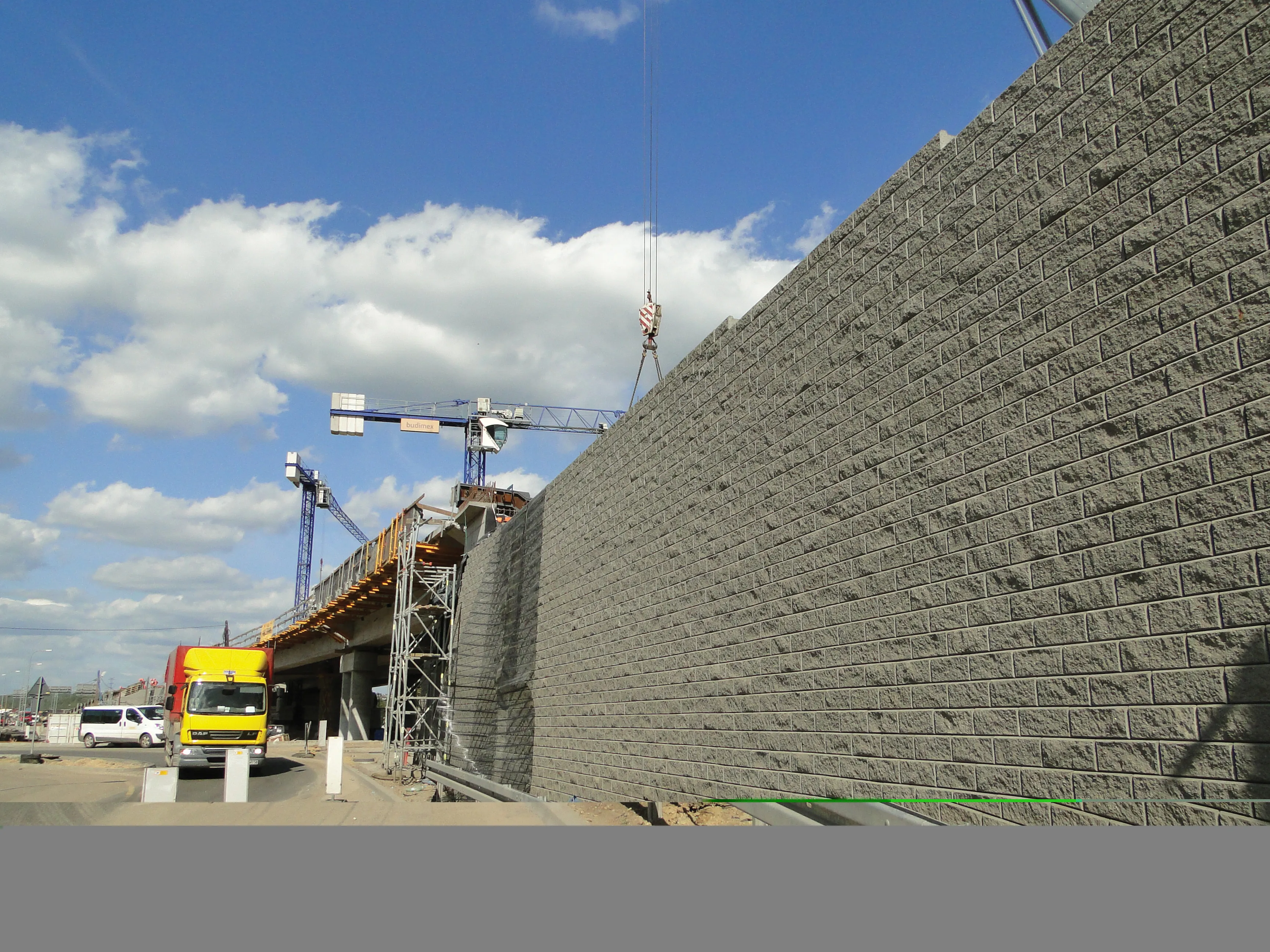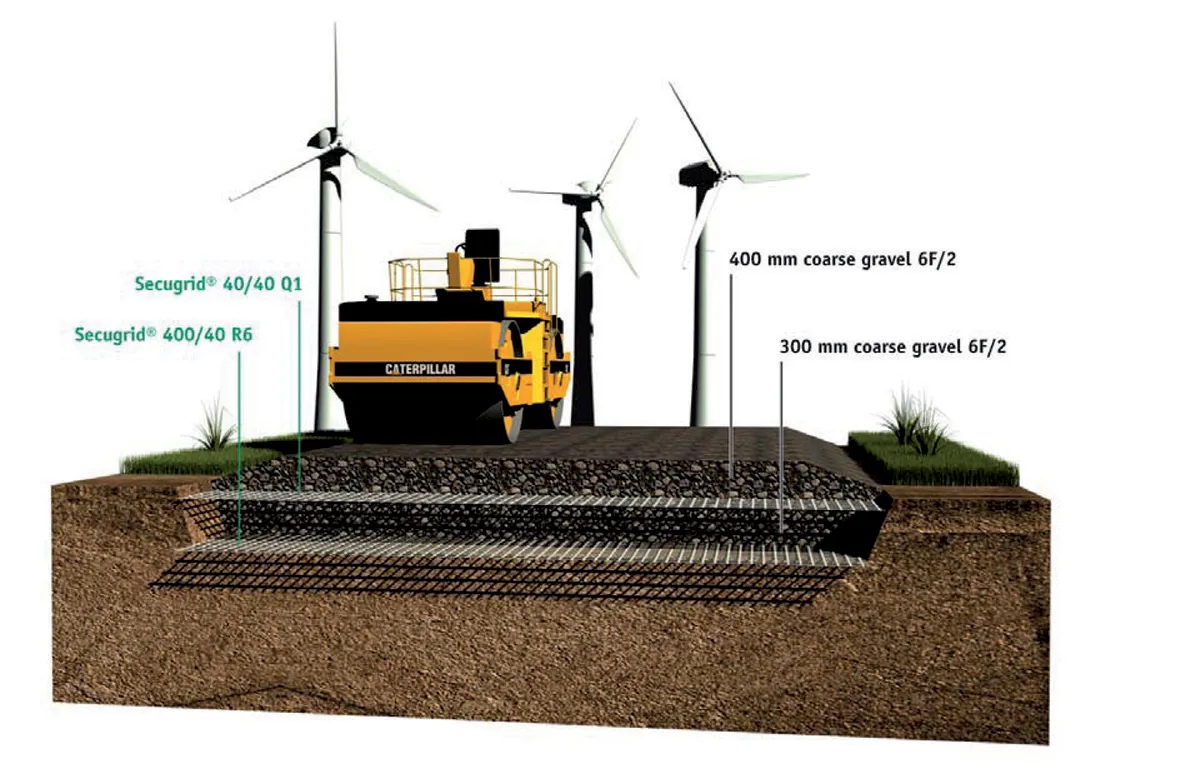TensarTech soil retaining walls have been used during the construction of a section of the A1 motorway in Poland.
Extensive underground mining in the south of the country posed a significant challenge to building the 16km Piekary Slaskie to Pyrzowice (Katowice Airport) stretch of the motorway which, on completion, will run more than 240km from Gdansk in northern Poland to Gorzyczki on the Polish-Czech Republic border. To accommodate potential differences in settlement on embankments approaching a series of
November 12, 2012
Read time: 2 mins

Extensive underground mining in the south of the country posed a significant challenge to building the 16km Piekary Slaskie to Pyrzowice (Katowice Airport) stretch of the motorway which, on completion, will run more than 240km from Gdansk in northern Poland to Gorzyczki on the Polish-Czech Republic border.
To accommodate potential differences in settlement on embankments approaching a series of viaducts and bridges along the route, project designers the Transprojekt Krakow and Complex Projekt Katowice Consortium (TKCPKC), recommended TensarTech soil retaining walls to contractors
“The A1 motorway project is highly important for improving the strategic transport infrastructure between South East Europe to the Baltic,” said Dr Jacek Kawalec, Tensar business manager Europe. “However, the region south of Piekary has been extensively mined for coal, metal and minerals for centuries, with black coal still being extracted.
“As a result, there are extensive and often unknown tunnels, voids, weak spots, unconsolidated spoil heaps and other unstable sections. Unpredictable movement of the ground could cause great damage to a major road structure, and even threaten life.”
Use of conventional techniques, such as piling to stabilise the ground and minimise the effects of any settlement, would have been very costly. The TensarTech solution chosen for the A1 project by TKCPKC was said to have been proven previously in Poland, including on another section of the A1 motorway.
The Piekary section of the A1 passes through a populated area, and there are 17 connections with existing roads, via overpass bridges and viaducts, and one railway viaduct. Eight of these are constructed with TensarTech soil retaining structures. The TensarTech solution for the A1 used locally available aggregates, including colliery spoil.







